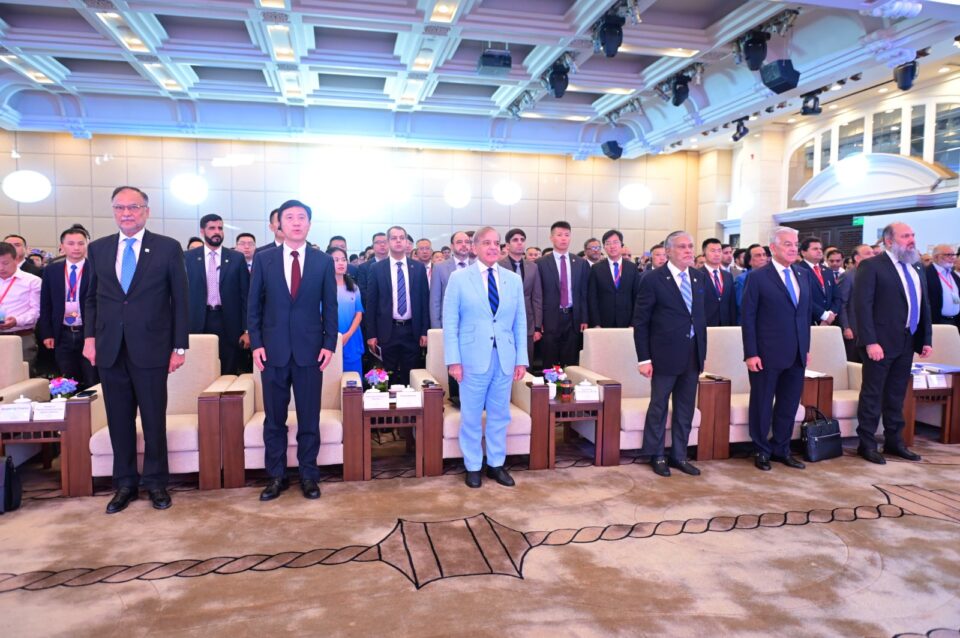The cultural contact between China and Pakistan has flourished in recent years, transcending national boundaries and cultivating a deeper understanding of their own rich traditions. The collaboration between these two nations include educational programs and archeological preservation activities, with the shared goal of not just conserving the past but also forging a mutually beneficial future. The 10 college students from the Gwadar Institute of Technology (GIT) are currently studying road and bridge engineering in China, which is a significant part of their cultural exchange experience. The students expressed their appreciation for the chance given to them and highlighted China’s modern transportation system and its capacity to revolutionize Pakistan’s infrastructure development. Their objectives demonstrate not just a need for intellectual growth but also a dedication to contribute to the progress of Pakistan by applying the knowledge acquired from China.
In addition to academic activities, cultural events such as the recent commemoration of the 73rd anniversary of diplomatic relations between Pakistan and China highlight the significance of interpersonal connections for improving bilateral relations. The speakers at the occasion highlighted the importance of enhancing cultural and trade exchanges, acknowledging the long-lasting relationship between the two nations. By focusing on studying China’s successful execution of CPEC, there is a shared objective to strengthen cooperation in cultural understanding and economic partnership. A crucial aspect of this cultural exchange involves safeguarding cultural heritage monuments, such as the Takht-i-Bahi UNESCO World Heritage Site, located in the Mardan area in northwest Pakistan. The Guardians of Gandhara program, a collaborative initiative between Chinese and Pakistani scholars and volunteers, is currently engaged in the preservation and safeguarding of these historic monuments. By engaging in educational initiatives such as heritage conservation workshops, students in the local community are not only acquiring knowledge about their past but also actively contributing to the safeguarding of their cultural identity.
Muhammad Haasan, a teenager who was fascinated by the magnificent remains of Takht-i-Bahi, illustrates the growing interest among the youth with their heritage of culture. The passion displayed by him, as well as other students such as Tahira, shows a renewed feeling of pride and possession in Pakistan’s extensive heritage. Backed by China, these young guardians of cultural heritage are ready to assume an important role in safeguarding Pakistan’s cultural heritage for future generations.
The significance of cultural heritage was also highlighted on International Museum Day, highlighting the crucial role of Pakistan’s collaboration with China in protecting and improving these invaluable artifacts. The contract signed between the State Administration of Cultural Heritage of China and Pakistan’s National Heritage and Culture Division shows commitment to collaborative efforts in the fields of archaeology, heritage preservation, and exhibition exchanges. By engaging in collaborative efforts such as the Guardians of Gandhara program, both nations are actively creating a path towards a more promising future, where the appreciation and preservation of cultural variety are valued and embraced.
In the future, there is a shared commitment to strengthen cultural collaboration, improve tourism infrastructure, and promote historical education. China and Pakistan are utilizing cultural exchange and preservation to not only safeguard historical heritage but also construct lasting bonds of friendship that will span across future generations.

